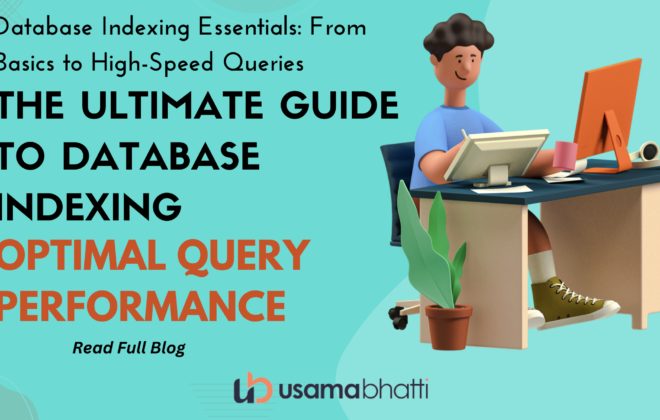Ruby on Rails: Comparison Between all.each and for_each Method
Software Development, Technology
In Ruby on Rails, all.each and for_each are both used to iterate over collections. Still, they have different use cases and characteristics:
all.each:
- all is a method commonly used on ActiveRecord relations, which returns all the records.
- each is a Ruby method that is used to iterate over an array or a collection.
- When you chain all.each, it first fetches all the records from the database into memory. Then it iterates over each record one by one.
- This can be memory-intensive if the dataset is large because it loads all records into memory at once.
Example:
User.all.each do |user|
puts user.name
endfor_each:
- find_each is a method provided by ActiveRecord in Rails, which is used to retrieve records in batches and then iterate over each record. If you meant find_each when referring to for_each, this applies.
- It is more efficient for large datasets because it doesn’t load all records into memory at once. Instead, it loads them in batches (default batch size is 1000).
- This method is preferred for batch-processing tasks.
Example:
User.find_each do |user|
puts user.name
endSummary:
If you are working with large datasets and want to avoid memory issues, find_each (or for_each if you meant that) is preferable. For smaller datasets or when you need all the records in memory for processing, all.each is sufficient.
Don’t forget to check our latest blog on SQL DATA TYPES.
Related Posts
Latest posts
Categories
Recent Posts
- SSN Fraud in Pakistan’s Software Industry: A Growing Concern
- The Internet Crisis in Pakistan: A Growing Challenge for Freelancers and IT Professionals
- Pros and Cons of Taking Admission in FAST NUCES for BS CS in 2024
- Mastering Database Indexing: The Ultimate Guide for Optimal Query Performance to Write Better SQL Queries
- PITB’s ‘SheWins’ Training Program Opens Applications for 6th Cohort 2024 | Course Duration | Fees | Outline | Apply Online




